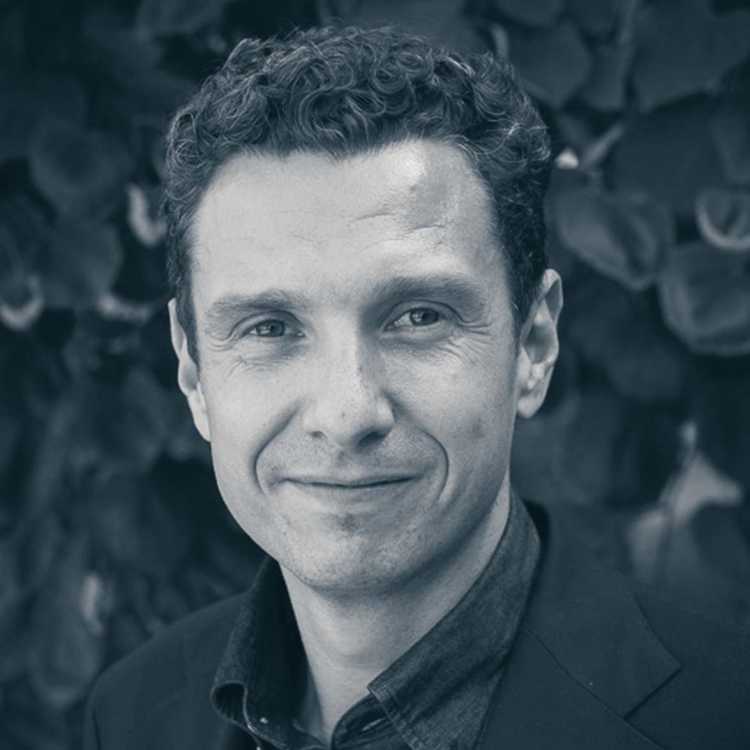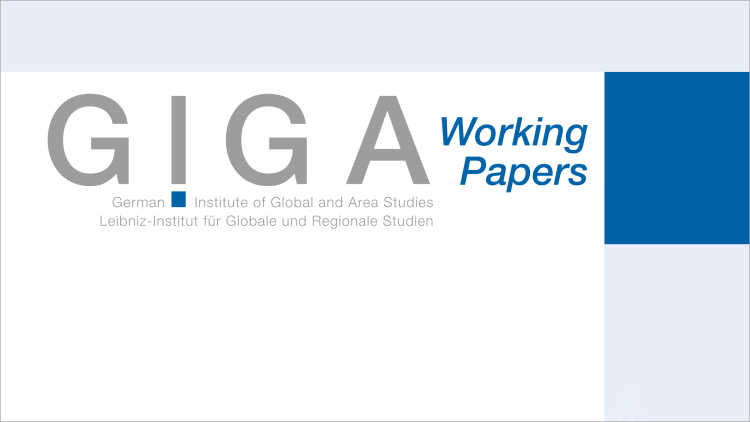- Startseite
- Presse
- Die Lizenz zum Regieren in post-sowjetischen Staaten
Publikation | 12.08.2015
Die Lizenz zum Regieren in post-sowjetischen Staaten
Wie rechtfertigen autoritäre Herrscher ihren Machtanspruch? Christian von Soest und Julia Grauvogel ergründen die Legitimationsstrategien post-sowjetischer Regime.

The analysis using the new Regime Legitimation Expert Survey (RLES) demonstrates that non‐democratic rulers in post‐Soviet countries use specific combinations of legitimating claims to stay in power.
Most notably, rulers claim to be the guardians of citizens’ socioeconomic well‐being. Second, despite recurrent infringements on political and civil rights, they maintain that their power is rule‐based and embodies the will of the people, as they have been given popular electoral mandates. Third, they couple these elements with inputbased legitimation strategies that focus on nationalist ideologies, the personal capabilities and charismatic aura of the rulers, and the regime’s foundational myth.
Overall, the reliance on these input‐based strategies is lower in the western post‐Soviet Eurasian countries and very pronounced among the authoritarian rulers of Central Asia.








